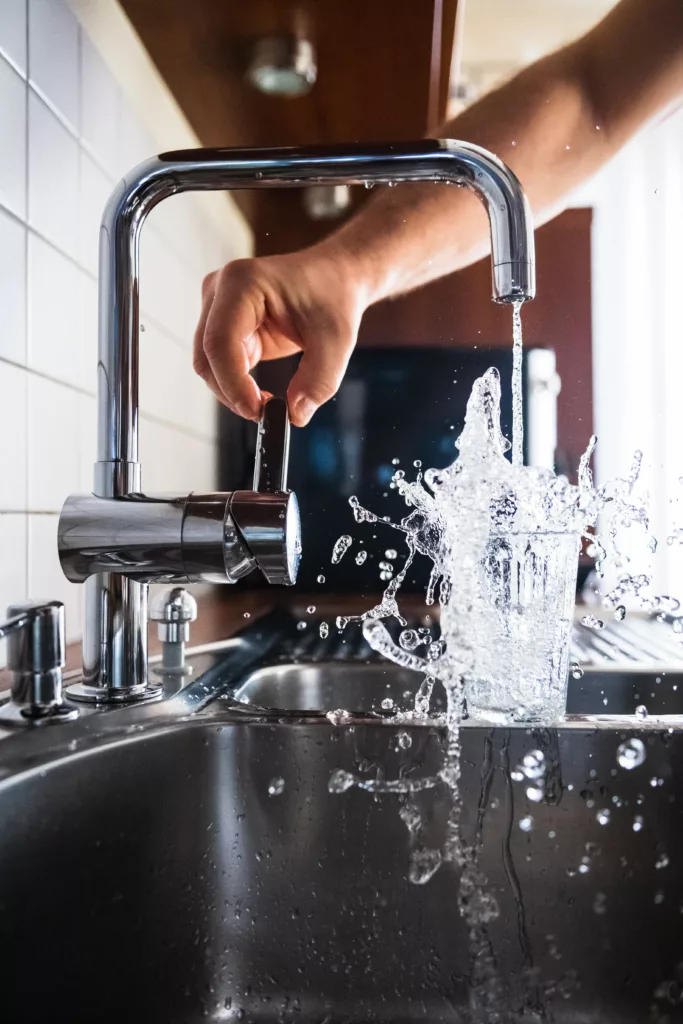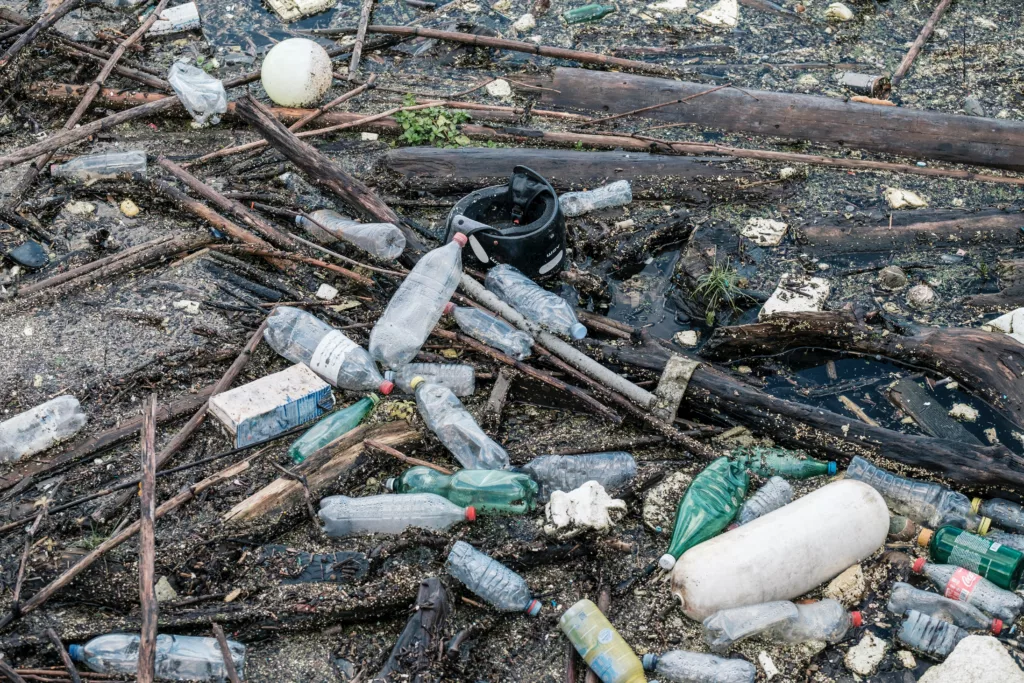World Water Day is an initiative that was created to honour the 2030 Agenda for Sustainable Development. It is part of the Sustainable Development Goal 6 (SDG 6) which aims to ensure the availability and sustainable management of water for all by 2030. This year’s World Water Day theme is about accelerating change to solve the water and sanitation crisis. Unfortunately, it is believed that we are seriously off-track with achieving this goal.
Seventy-one percent of the Earth’s surface is covered by water. It’s safe to say that we’re not suffering from a lack of water. Access to fresh water suitable for drinking and other purposes that require low to no salt content is another story since oceans hold about 96.5 percent of the Earth’s water. Many human activities threaten our water security by contaminating the world’s fresh water supplies.

One of the major threats to maintaining water security is improper waste disposal habits. Unwanted human paraphernalia like metals, plastics (some pieces of which are too small for the naked eye to see – microplastics), chemical by-products of manufacturing processes, and yes, even biological waste, often find their way into our water supplies. Sometimes, this is due to deliberate dumping into bodies of water, or at illegal dumpsites, or defective or full-to-capacity sanitary landfills. With the help of natural processes – flowing water, wind, seepage into the soil – refuse and harmful chemicals do find their way into rivers, streams, lakes, underground water reservoirs, and eventually the ocean.
Fortunately, the evaporation process acts as a very efficient filter, creating water vapor from liquid water, separating it from the chemicals that are dissolved in it. Unfortunately, the water vapor may eventually come back down to the Earth’s surface bringing airborne chemicals with it. Human activity has caused the release into the atmosphere acid-forming gases like sulfur dioxide and nitrogen oxides, which happen to dissolve very easily in water. Besides the acid-forming gases, other toxic chemicals dissolve in rainwater, basically re-contaminating it after nature did its part.

Sure, there are manmade methods to purify water to make it suitable for our everyday activities, but the cost to set them up may be prohibitive in many regions of the world. Also, the ‘benefits’ (saving time, energy, money) of disposing of waste improperly is an illusion; water is essential for life on Earth, and the more we put pressure on our natural ecosystems to clean up our mess, the more expensive it actually becomes for us to step in to bridge the gaps that we have created. The end result, as I’ve seen worldwide is increasing incidences of famine, drought, water-borne epidemics, and other disasters.
Fortunately, there are efforts being made to improve the world’s environmental situation, among them being the 17 Sustainable Development Goals (SDG), which are designed to combat global issues like environmental degradation and climate change. We have been making strides towards utilising sustainable energy sources and introducing environmentally friendly vehicles, which reduces our dependence on fossil fuels and other chemicals that are contributors to air pollution. Besides the construction of water purification facilities that should fulfil the needs of every human being, our involvement in efforts to curb all forms of pollution and to adapt environmentally sustainable habits go a long way towards improving the water security outlook.

